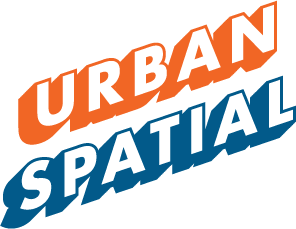Did more street patrols cause a decrease in crime?
Did a new school cause an increase in home prices?
Did a new tax policy cause an increase in entrepreneurship?
All these questions share one thing in common – they address causality not correlation.
Using data to identify causal effects requires more than a background in statistics, it requires in-depth knowledge about the policy or program one is trying to evaluate.
The key to estimating causal effects is being able to find the relevant counterfactual – what would have happened had we not allocated this intervention when and where we did?
Knowing something about the policy; about its incentives and how it might induce people to act, can reveal powerful natural or quasi-experimental research designs.
Urban Spatial specializes in locating these mechanisms and using them to estimate the costs and benefits of a given intervention.
